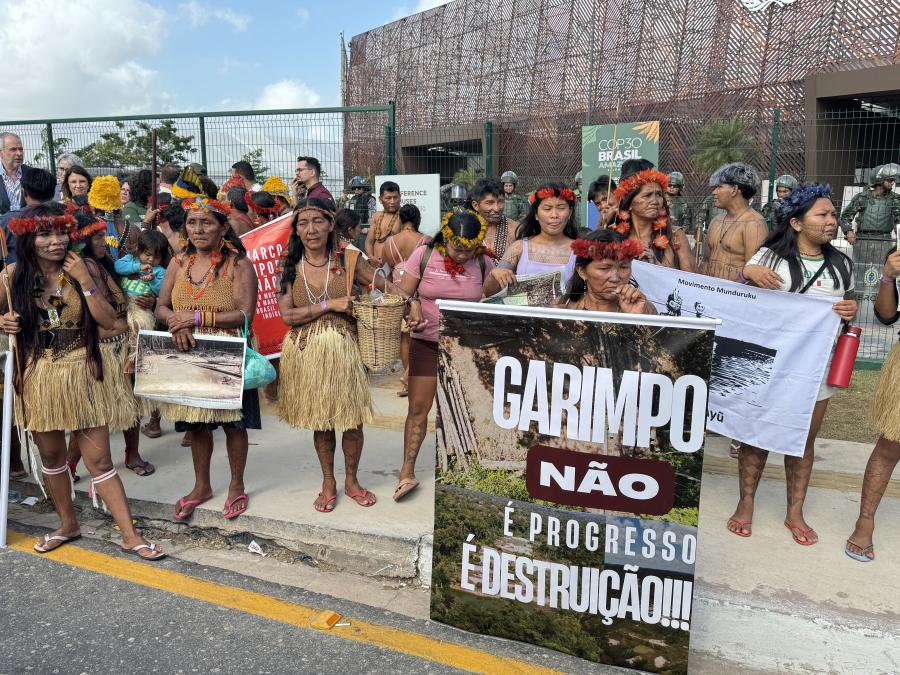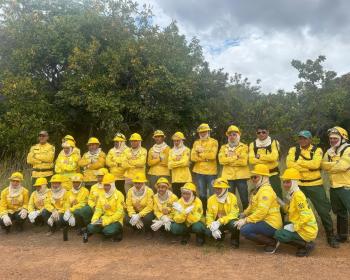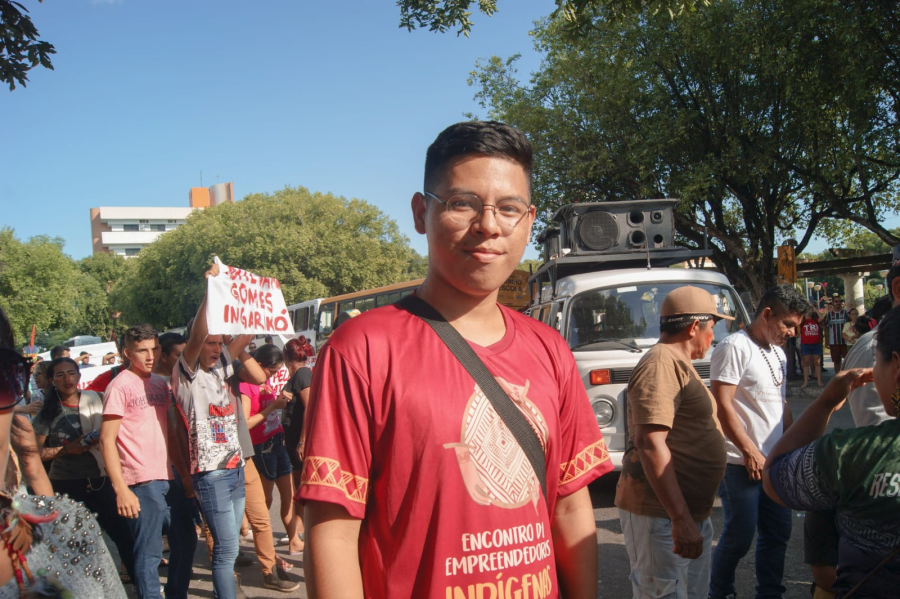Most of us think of the Twentieth century as an age of progress, enlightenment and civilization. This is not really true. The enlightened values that may exist among certain individuals or small groups are often overshadowed by greed. In addition, in this century nuclear, chemical and sophisticated conventional weapons have been developed and used at an unprecedented rate. On average, states borrow more money to spend for fighting their own citizens than for all other programs combined. As a result, there have probably been more genocides, ethnocides and extinctions of tribal and ethnic groups in this century than any in history.
Most Americans feel that genocides and ethnocides are a thing of the past. The Armenian genocide, after all, was a long time ago; most people alive today weren't even born by the end of World War II and have no memory of the genocidal camping against Jews. The increase in the number of refugees since World War II is an indication, however, that persecution and discrimination based on race, tribe and ethnic affiliation are on the rise. This is something that should concern us all.
In the past year, it is likely that more than 200,000 indigenous people have been killed and more than two million - that we know of - have been forced to flee their homes. This violence is not random; in most instances it results from states attacking groups they claim to represent. Nor is the problem related to ideological differences; states of the right and the left alike attack tribal people. The size of a group is not always a determining factor; some persecuted groups are tiny minorities, others are majorities. Peoples are persecuted because others have the power, weapons and inclination to do so. And, unfortunately, this combination of factors seem to be on the increase, particularly in newer Third World countries.
The tragic killings and displacements that have occurred over the summer are particularly troubling to us at Cultural Survival. Because no one has yet talked systematically to the victims about what happened to them or why, we believe that we must begin to undertake this work ourselves. We are in a unique position to investigate these massive human rights abuses; armed with our findings, we can help bring them to a halt. However, we are only a small organization so we hope that our work will begin to spur others to undertake similarly important work, too. In the meantime our research and analysis will focus on the following crises.
Kurds in Iraq. Since signing a cease-fire agreement with Iran, Iraq has reportedly shifted its focus to a major military and chemical warfare campaign against the country's more than 3.2 million Kurds, as it pushes for a final solution to the Kurdish "problem." More than 100,000 Kurds were displaced in August alone.
Hutu in Burundi. In August, the Tutsi-dominated military of Burundi, in its efforts to quell an uprising of the country's Hutu majority, killed - by its own estimate - some 5,000 people, forcing another 50,000 to flee to neighboring Rwanda. Other estimates place the number killed at 30,000.
Dinka, Nuer and other tribes in southern Sudan. More than half of Sudan's 6 million tribal people have been displaced by government troops or government armed enemies of southern tribes. Sudan's government is dominated by Moslems who have imposed Islamic law on southern Christian and animist tribal groups.
Somali clans in northern Somalia. Conflict between northern tribes and the government this past summer has displaced more than 400,000 refugees, forcing them to flee to Ethiopia.
Government-produced famine in Ethiopia. The Ethiopian government has drafted more than 800,000 men into the military and the military to fight against six different nationalist movements. These men, mostly, farmers, constitute nearly 15 percent of the able-bodied male rural labor force in Ethiopia. If the government were willing to settle its numerous wars, these men could return to their farms and produce the food the country desperately needs.
Yanomami in Brazil. Gold was recently discovered on the lands of the 10,000 Yanomami Indians of Brazil, the country's largest and most isolated indigenous group. More than 25,000 miners have illegally rushed onto their land. By the government's estimate - which is probably low - more than one Yanomami has died of violence each day since the miners arrived; many more have died of introduced diseases.
Research on each of these problems is urgent. Each research project will help save lives and restore peace, both now and in the future. By documenting man's inhumanity to men, women and children, we can bring pressure to bear to stop such actions.
The twentieth century can be remembered either as the century of genocide or the century when peoples of the world learned to live together. Working together we can maintain a world of difference.
Article copyright Cultural Survival, Inc.



